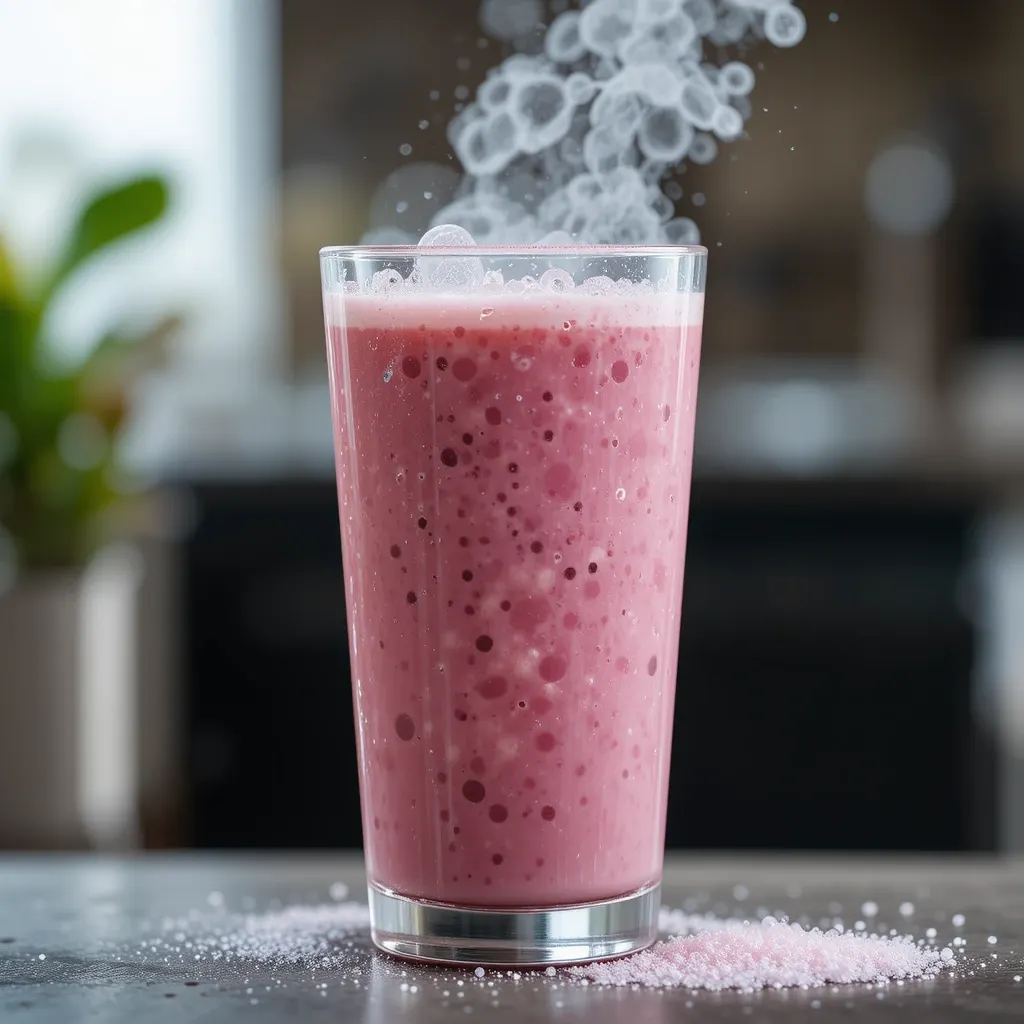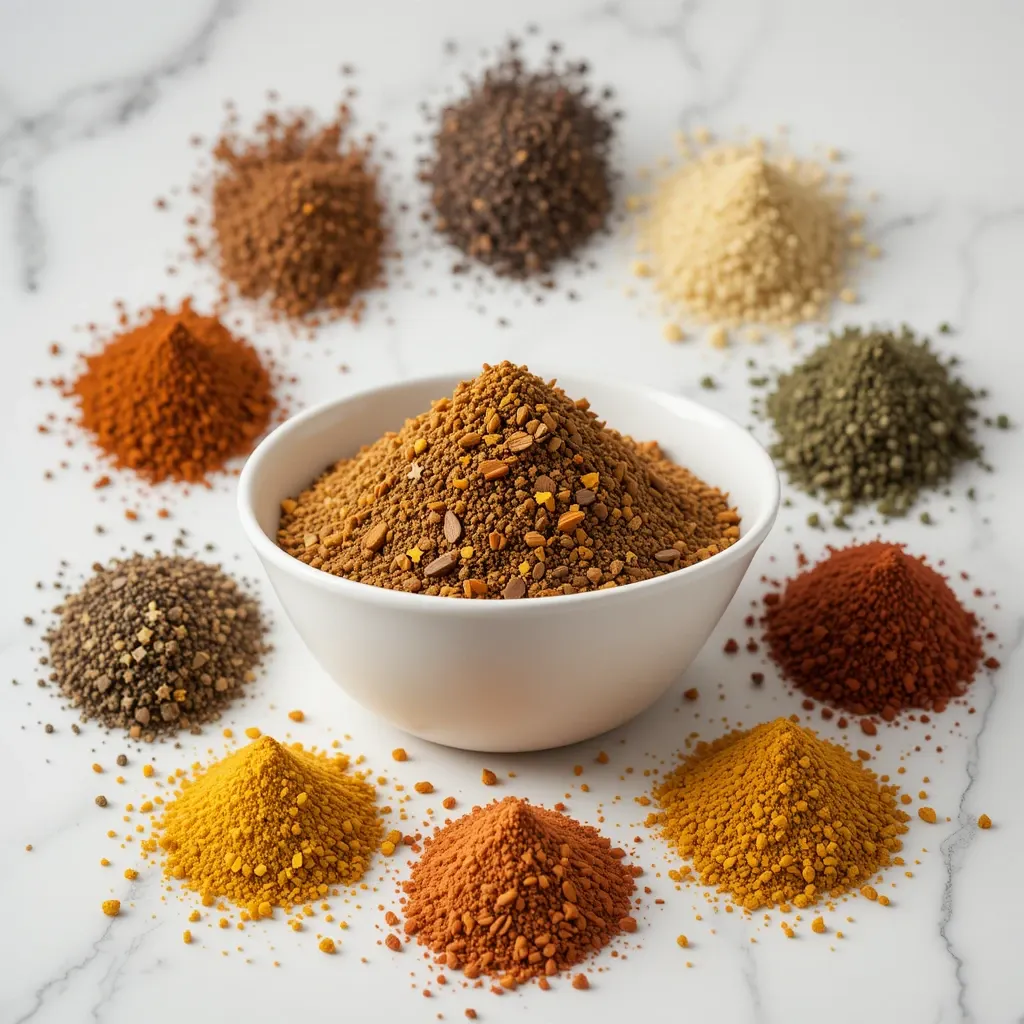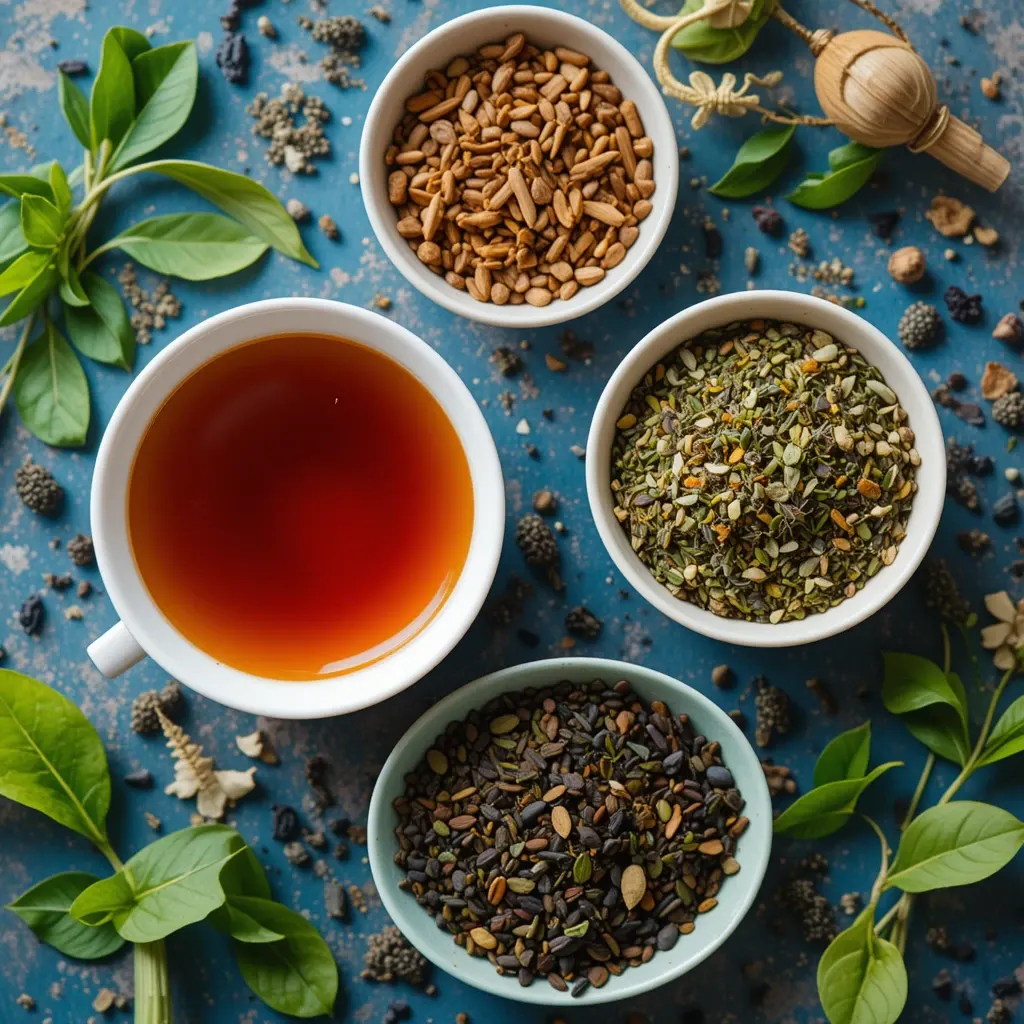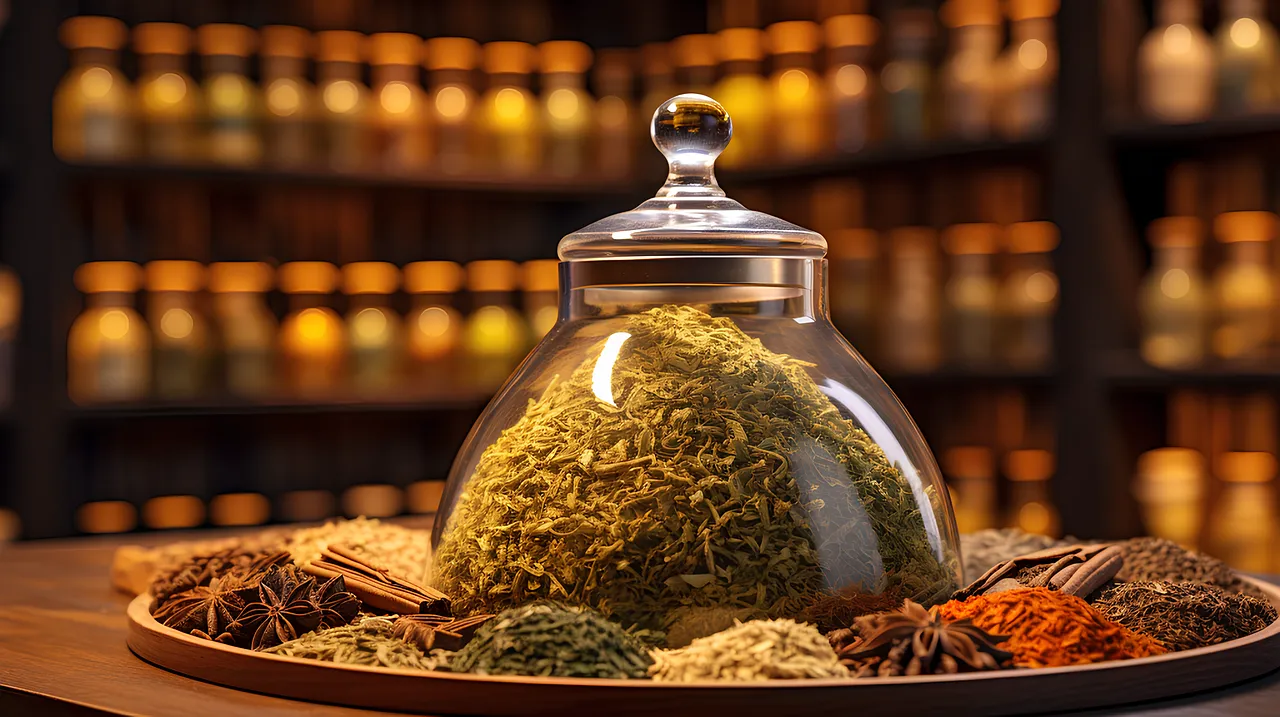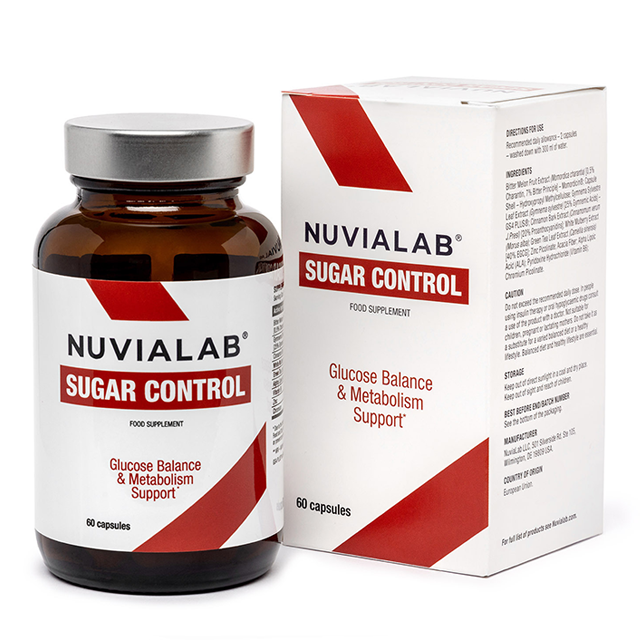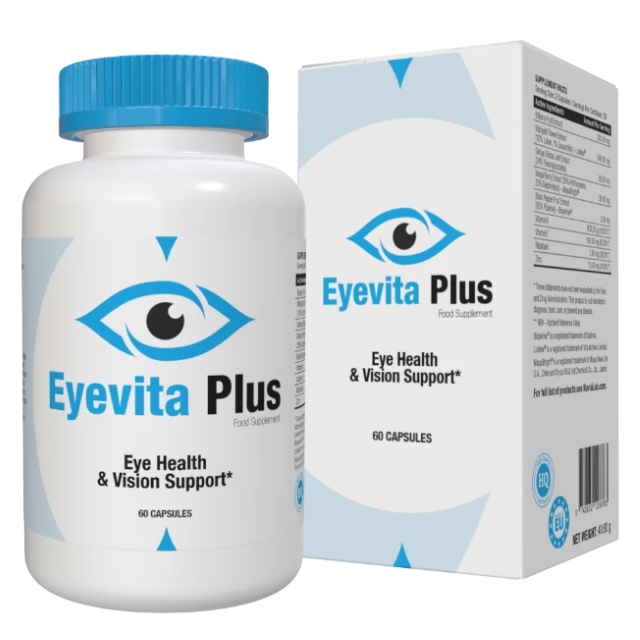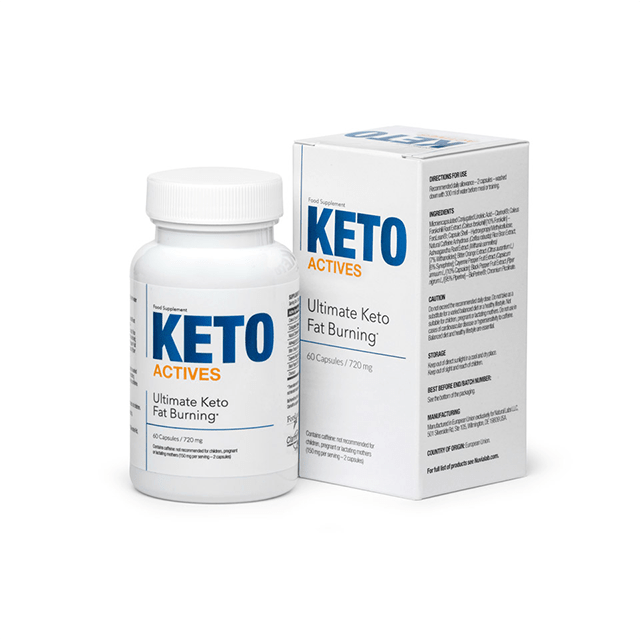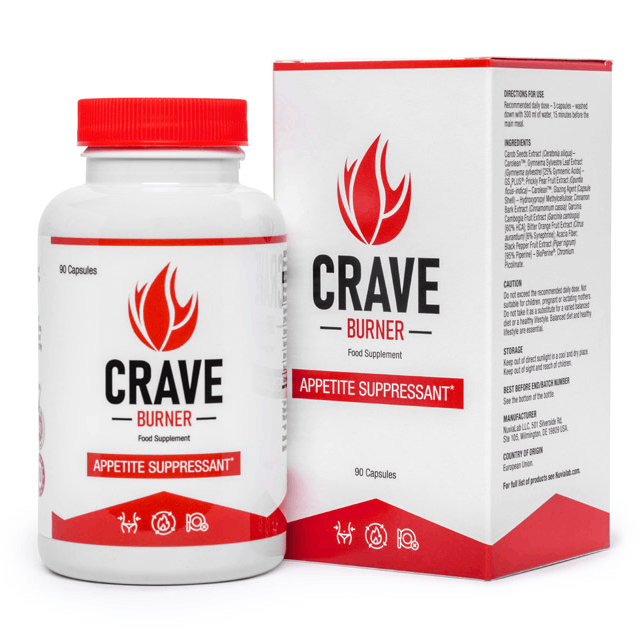Think You're Eating Healthy?
These 7 Hidden Additives Might Say Otherwise
Even when we make conscious choices—cutting sugar, avoiding processed oils, eating clean—there may still be harmful ingredients sneaking into our plates.
In Ayurveda, food is medicine, and what we digest deeply affects our mind, body, and spirit. This eye-opening article uncovers 7 common food additives that could be silently sabotaging your health, digestion, and energy levels.
If you’re on a path to holistic wellness, don’t skip this read—it might just change the way you shop forever.

1. Butylated Hydroxyanisole (BHA)
BHA is a synthetic antioxidant made from petroleum, commonly used to prevent fats and oils from going rancid.
You’ll find it in everything from cereals and snack foods to cosmetics. While it may keep food shelf-stable longer, studies suggest BHA acts as an endocrine disruptor.
It’s been linked to various cancers including prostate, breast, and testicular, and may also interfere with thyroid function and even contribute to type 2 diabetes.
Alarmingly, BHA accumulates in body fat, quietly disrupting your metabolic system long after you eat that “harmless” packaged snack.

2. Azodicarbonamide (ADCA)
Also known as the “yoga mat chemical,” azodicarbonamide is used in both foam plastics and bread. In food, it’s a flour-bleaching agent and dough conditioner that gives baked goods that extra bounce.
But when heated – like in an oven – it breaks down into urethane, a known carcinogen.
This additive is banned in Europe but still appears in many U.S. foods, from hamburger buns to frozen dinners.
If you’re eating bread that lists this compound, you’re not just chewing on carbs – you’re taking in a potential immunosuppressant that weakens your body’s natural defenses.
3. Carrageenan
This seaweed-derived thickener is found in a surprising number of dairy and non-dairy products – heavy cream, chocolate milk, yogurt, and even bacon.
While it sounds natural, carrageenan has been shown to inflame and damage the gut lining.
For anyone suffering from bloating, digestive issues, or chronic gut inflammation, carrageenan could be a hidden culprit.
What’s meant to make your food creamier may actually be contributing to long-term gastrointestinal distress.









